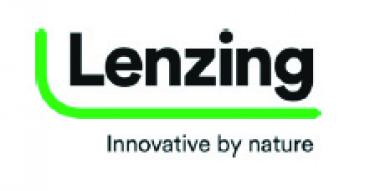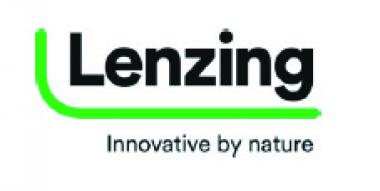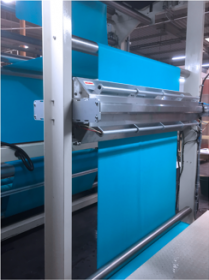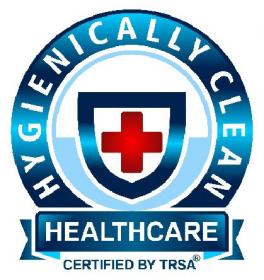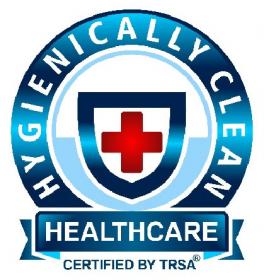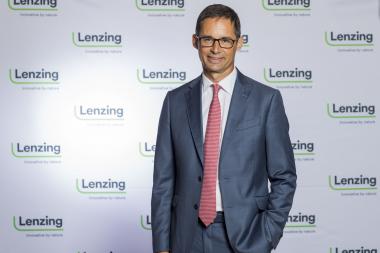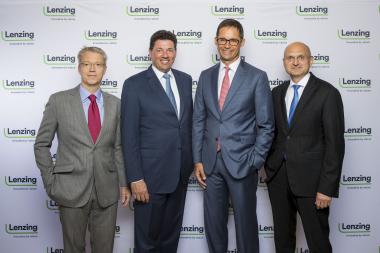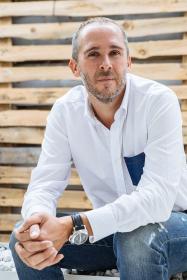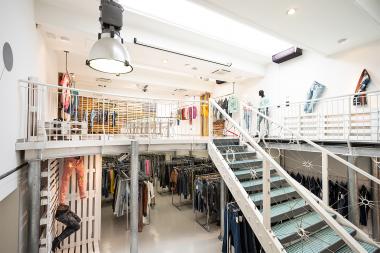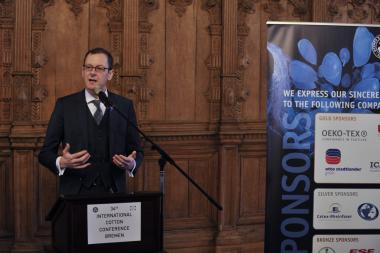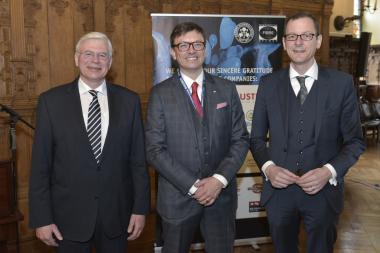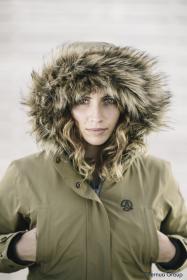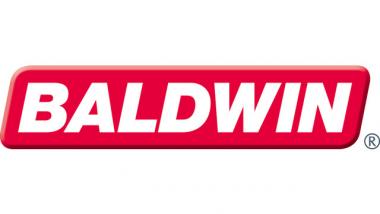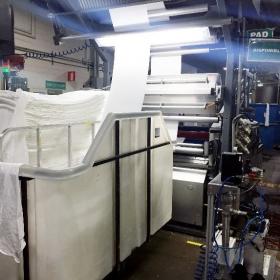Lenzing Group further improves sustainability rating
The Lenzing Group was raised to “B-” by the sustainability rating agency ISS ESG and awarded “Prime Status”.
In its latest report, ISS ESG, one of the most recognized rating agencies in the field of sustainability, raised the Lenzing Group’s sustainability rating from “C+” to “B-”, the highest rating in the category “Paper & Forest Products“, positioning the Lenzing Group among the top 10 percent of rated companies. The “Prime Status” of the Lenzing Group has also been confirmed.
ISS ESG is one of the leading agencies for sustainability ratings internationally and currently covers more than 8,000 issuers worldwide. The assessment of sustainability performance is based on more than 800 individual indicators in the areas of environmental, social and governance (so-called ESG criteria) performance. 40 companies from all over the world are rated in the “Paper & Forest Products” category. The best rating in this category is “B-“.
An essential part of the Lenzing Group’s strategy are its ambitious climate goals. In 2019, Lenzing was the first fiber manufacturer in the world to make a strategic commitment to climate-neutral production. This vision is to be put into practice by 2050. By 2030, the company is aiming for the interim goal of reducing emissions by 50 percent per ton of product compared to 2017.
The Science Based Targets Initiative, an organization in the field of climate-relevant target setting, has scientifically confirmed the climate targets of the Lenzing
Lenzing Group
Lenzing AG


